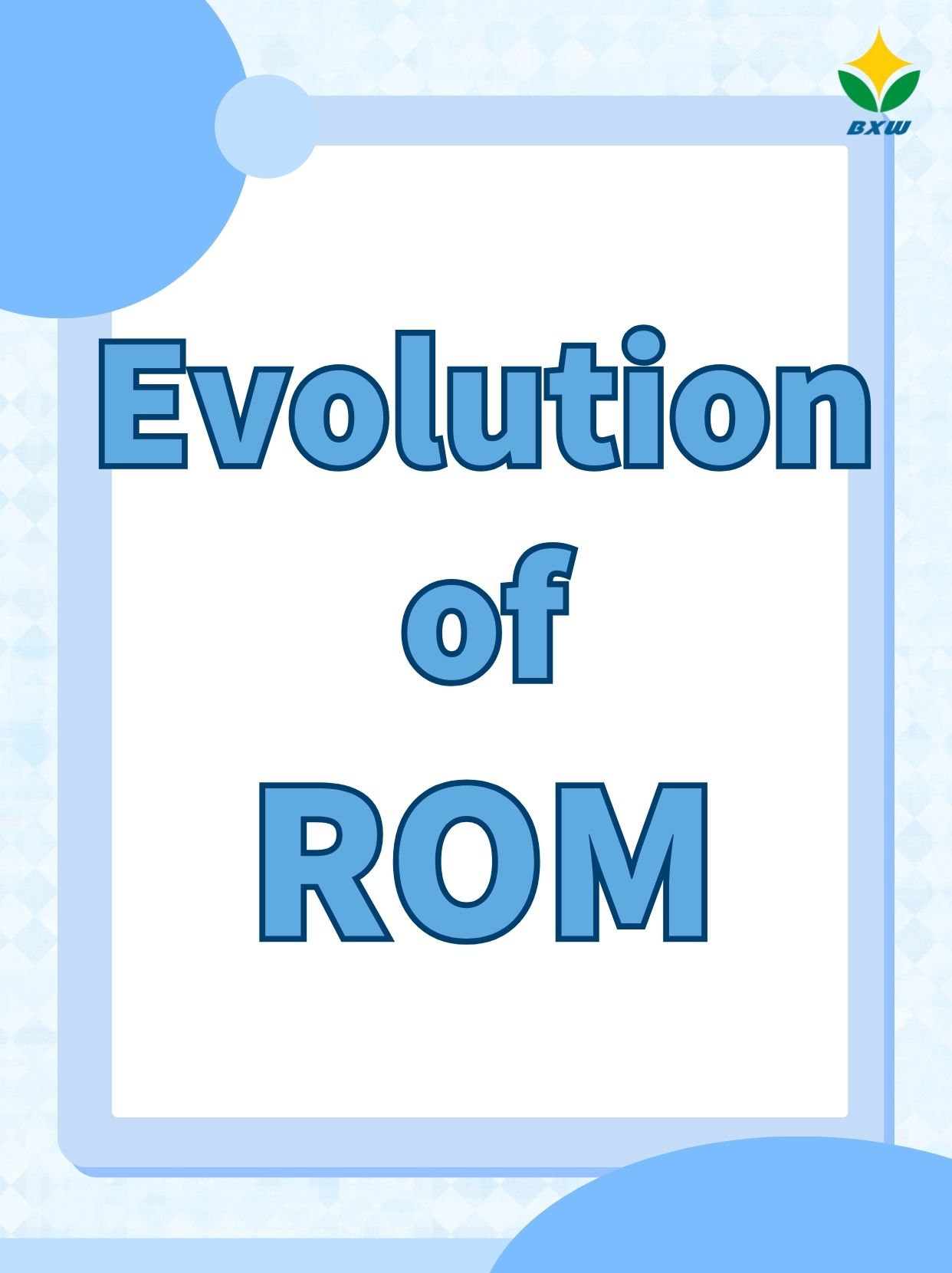News Centerposition:Baoxingwei > News Center > 正文
Knowledge corner|ROM Evolution
Edit:Baoxingwei Technology | Time:2024-01-09 11:50 | Number of views:118
Computer memory is a vital component of computer system. It has evolved over the years, from the original unchangeable ROM to now multiple erasable written EEPROM, providing programmers with great convenience and flexibility. This article reviews the history of memory and introduces the different types of memory.
ROM (Read-Only Memory)
ROM was originally a type of read-only memory that left the factory with its contents permanently unchanged. Users cannot modify the data in it, which makes ROM useful for storing firmware, boot programs, and other basic Settings for computer systems. However, the non-erasable nature of ROM limits its flexibility and updatability.
PROM (Programmable Read-Only Memory)
With the development of technology, PROM was introduced. PROM can be programmed by the user once, but once an error occurs, the entire chip needs to be replaced. Although PROM adds some programmability, it is still limited by the fact that the data cannot be modified.
EPROM (Erasable Programmable Read-Only Memory)
In order to solve the problem that PROM cannot be erased, EPROM was introduced in the course of history. Eproms can be erased and reprogrammed multiple times, which brings great convenience to programmers. However, before each EPROM erasure, the chip needs to be exposed to ultraviolet light to erase previous data. This process is very inconvenient for programmers and takes a lot of time.
EEPROM (Electrically Erasable Programmable Read-Only Memory)
Eventually, as technology improved, EEPROM appeared. An EEPROM is a type of memory that can be erased and programmed electrically. It makes it very convenient and flexible to modify the contents of the ROM, and the programmer can change the data in it at will without exposing the chip to ultraviolet light. This is a major breakthrough for software development and updates, providing programmers with greater efficiency and convenience.
Memory has evolved from immutable ROM to freely modifiable EEPROM. This evolution has brought great benefits to programmers in the computer industry. Today, we can thank EEPROM for making it easy to change and update data in memory. As technology continues to advance, memory will continue to evolve, bringing greater performance and flexibility to computer systems.




